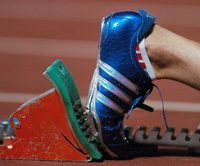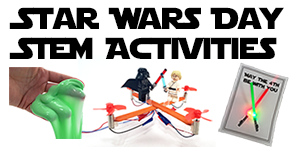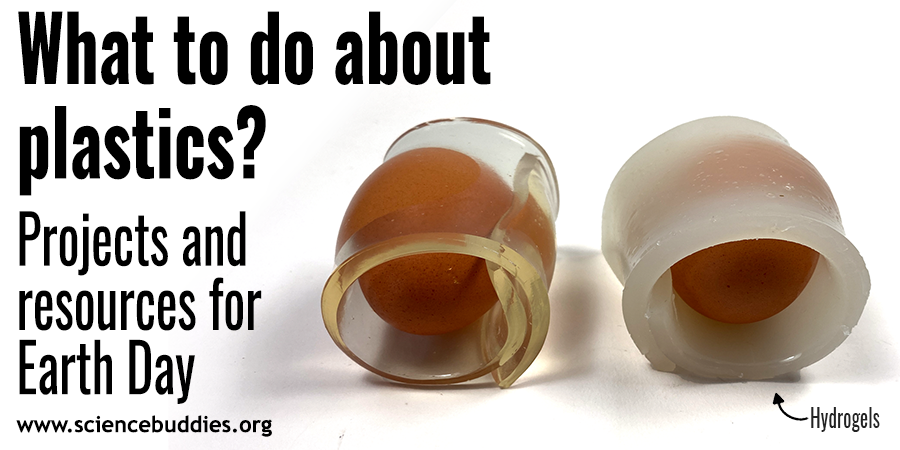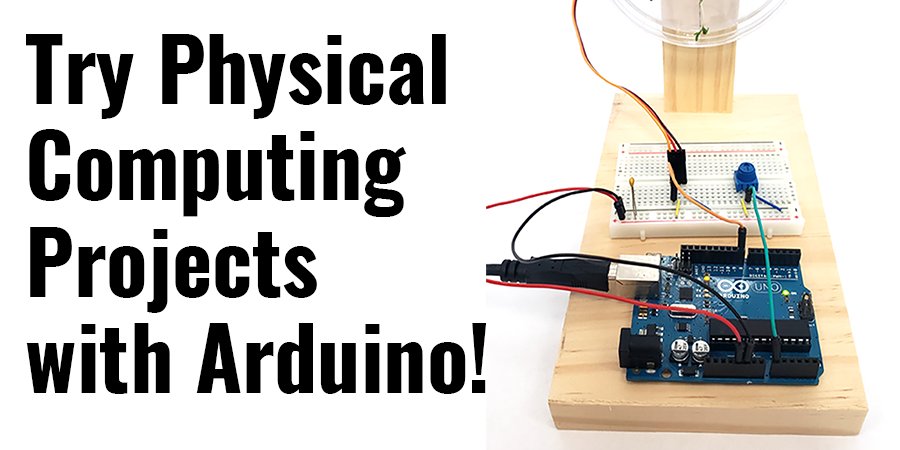Going for the Gold: Boost Your Olympics Savvy with Sports Science
It takes a lot of talent, determination, conditioning, training, and dedication to make it to the Olympics. But every sport also involves points at which angles, trajectories, momentum, and laws of physics intersect with raw talent and the thrill of performance. Learn more about what goes into Olympic-caliber success by investigating the sports science involved in your favorite Olympic events.

Watching the Olympic Games together raises a number of exciting opportunities for sports science conversations with your family. We've got suggestions for sports science angles you can explore, at home, in between Olympic-coverage on television. Talking about some of these concepts can be a great way to blend favorite sports and some educational family science talk at dinner! (Image: Bigstock)
While thousands of spectators will file in to watch events in London, many of us will watch from home, including many young athletes for whom the 30th anniversary games may inspire the spark of a dream.
Watching the Games
Those who qualify to compete at the Olympics have amazing ability in their sport. In coming weeks, fans will hear and read many stories about these athletes, stories of their dedication, their rigorous training and demanding schedules, and, often, of their perseverance. These athletes are among the best, the fastest, the most flexible, and the strongest, in the world.
As you watch the games—and observe the differences in times, routines, and results—you might wonder what factors make a difference in performance. While there is no discounting talent, the more an athlete knows about the science of her sport, the more chance she has of standing on the podium and receiving a medal. From your spectator spot at home, you and your family can talk about some of the elements of sports science that relate to the sporting events you will be watching on television during this year's Olympics Games or to other favorite sports and athletic activities.
Winning Gold
The Olympics offer an exciting opportunity to think about what makes a difference between those who medal and those who don't. There may be exceptions. There may be displays of record-breaking talent in unexpected places, but there is plenty of science that underlies each sport. You and your family might have fun, in between favorite events, exploring some of these sports science questions and even putting some of them to the test at home.
Here are a few Science Buddies Project Ideas that can help you uncover kid-friendly science to talk about during the games or at dinner. While each of these projects can be conducted as a science fair entry, using the background information and general steps of the Experimental Procedure, you can turn these into family science explorations. If a casual family science experiment is the goal, you may find testing these concepts a lot of fun, and there's no need for multiple trials. Leave the multiple heats for the track and field participants!
- "Balancing Act: Finding Your Center of Gravity": Exceptional balance on the beam is important for gymnasts during their routines, but many sports require good balance. Walk through the steps of this project to learn more about your own center of gravity.
- "Drag Racing in the Water": Speed in a swimming race has a lot to do with how smoothly a swimmer's body passes through the water. This project helps you understand the importance of reducing drag in the water. You won't see swimmers wearing street clothes in the pool, but you might look at swimmer's gear with fresh understanding after experimenting at your local pool!
- "Speed Quest": Many Olympic sports are feats of speed. The fastest runners, swimmers, and cyclists will take home medals in the next two weeks, and you will see and hear plenty of speed measurements—world records, speeds for certain races, and speeds needed to qualify for final heats. Learn more about how to calculate and understand speed, and then put your own speed to the test! You'll also learn to compare speeds in races of different distances.
- "Jumping Distance": Do events that take place in the center arena of track and field keep you on the edge of your seat? If you have tried standing and running long jumps before, you know how amazing the distances Olympic track and field athletes jump can be. This project helps you investigate the importance of the "running" start in the running long jump and will give you a better understanding of the relationship between the starting distance, the speed, momentum, and the ultimate jump.
- "Jack and Jill Went Up a Hill and Came Biking Down After": Choosing the Best Gear Ratio for Speed": Learn more about how bicycle gears work, and what range of gears generate the most speed as a cyclist comes around a curve and into a straightaway.
- "Nothing But Net: The Science of Shooting Hoops": Grab a ball and experiment with your basketball shooting technique. If you are watching the Olympic Games, see if you can tell how the most successful players get off their shots!
The Olympic Spirit
Have fun watching the Games and making your own real-world connections at home as you uncover some of the science at work beneath the medal-winning performances. You might even find that the seed of a science project for the coming school year gets planted by your family exploration!
Categories:
You Might Also Enjoy These Related Posts:
- 15 STEM Gifts & Science Kits You'll Feel Good About Giving
- 13 Boat Science and Submarine Science Projects and Experiments
- July 4th STEM! Summer Science Picks for Independence Day!
- 12 Science Kits for Summer Science Experiments and Discovery
- 15 Science Projects to Make and Give for Father's Day
- Ready, Set, Go! (Awesome Summer Science Experiments)
- Awesome Summer Science Experiments
- 10 STEM Activities with Cardboard Tubes









